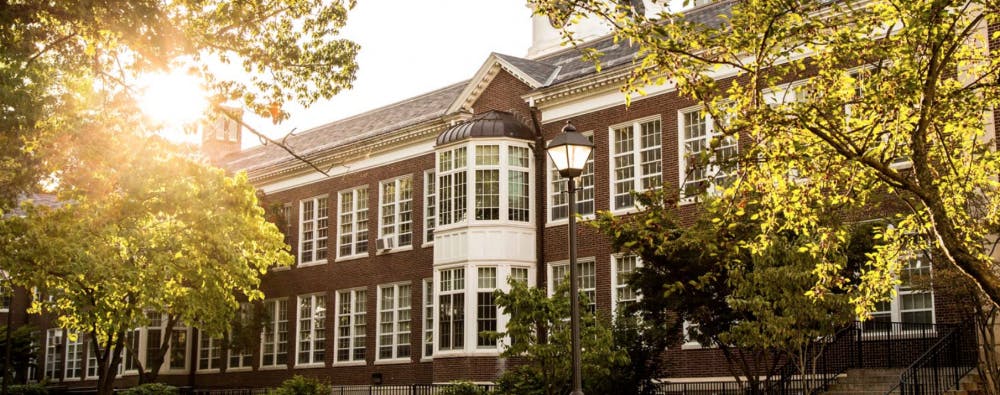By Madison Pena
News Editor
Interim Provost William Keep announced the approval of a temporary policy on Thursday, March 19 in a campus-wide email that would give students the option to convert their courses from graded to pass/fail. Keep invited the campus community to share its thoughts on the policy in a Qualtrics survey that was open until 8 p.m. today.

Requests for ungraded courses are due to the Office of Records and Registration by Friday, April 24 and requests can be rescinded through Monday, June 1. No action is needed for students choosing to keep their courses graded.
The policy, which was drafted by the Committee on Academic Programs (CAP) and approved by the Steering Committee, allows students to request for one or more of their courses to be ungraded while still receiving course credit. For many, this option is desirable in wake of the COVID-19 pandemic as it allows them to receive credit towards graduation while also protecting their GPAs.
According to an unscientific study conducted by The Signal with 322 participants, 73 percent indicated that they were concerned with how online classes would function.
According to Keep’s email, pass/fail requests will be denied for courses that a student has taken more than once. Course requested that are approved and converted cannot count towards Dean’s list credits or graduating from the College with honors.
Student Government played a significant role in the approval of this policy, representing the student body’s concerns with online instruction.
“We knew this was extremely significant for students and wanted to act swiftly and promptly,” said Executive President Patty Kou, a senior finance major. “We participated in emergency governance meetings where we helped gather feedback and testimony from the campus community.”
Students were not the only ones that advocated for this emergency grading policy. According to Biology Professor Marcia O’Connell, it would be incredibly challenging for professors to assign letter grades to courses that solely rely on digital communication.
“Very few courses can effectively be converted to online, if any,” she wrote in response to the survey. “The hallmark of a TCNJ education is personal interaction.”
Many students echoed O’Connell’s concerns about the transition from face to face to online courses.
“No one really knows how online classes are going to go,” said Allison Bronander, a sophomore sociology major. “If grades start to slip because of the online format or because of the other extenuating circumstances, then the pass/fail option is really helpful.”
Survey respondents also expressed concern that online classes create unfair obstacles for students who live in homes that make productivity difficult.
“Some people’s environments at home just aren't the perfect place to be doing school work in,” wrote freshman marketing major Roman Maure.
While the student body as a whole seems to be celebrating this new policy, not everyone agrees that it is necessary.
“I won’t be using it because my professors have been very vocal and proactive in making this an effective transition, and I think TCNJ students as a whole would gain ore if they are pushed and guided by their professors to do their best work possible under the circumstances,” said sophomore psychology major Bianca Camano. “Additionally, some majors require GPA standing in order to remain in a specific program, so it’s not fair to force those students to work harder to get letter grades while others will be able to get by knowing all they have to do is pass.”
While some students may not choose to take advantage of the policy, many agree that the administration is providing proactive solutions during this uncertain time.
“It can be tough to focus at home, especially with other family members and some students may not have access to the internet,” said Bronander. “I appreciate that the school is trying to do something to potentially help students, since we have so little control over everything else right now.”







